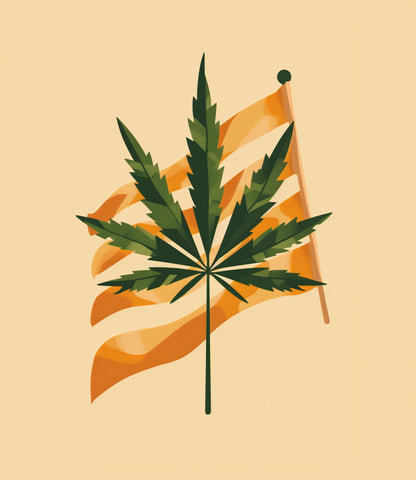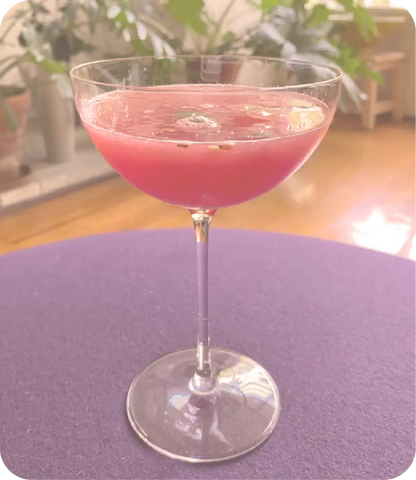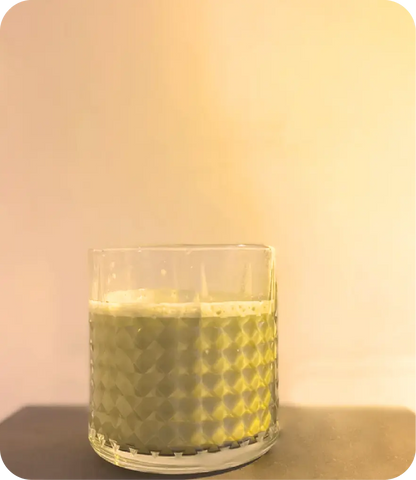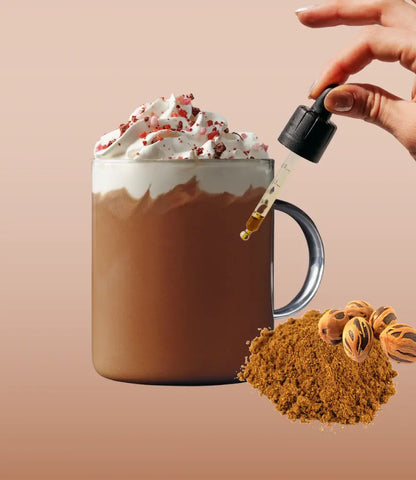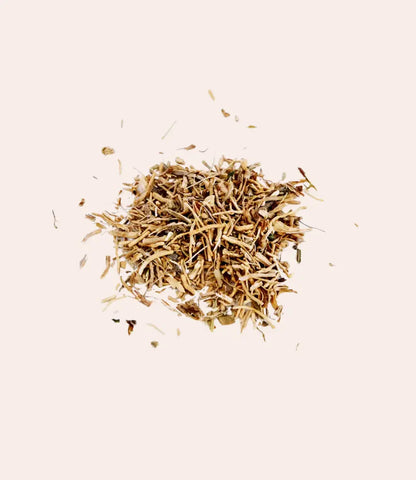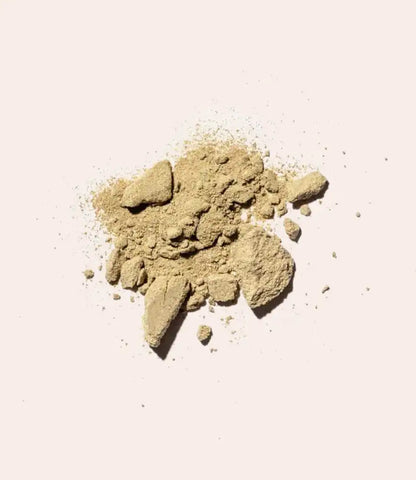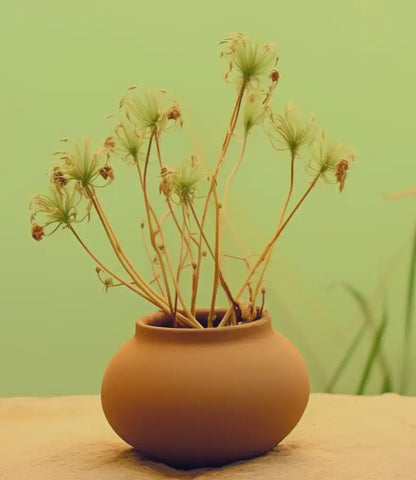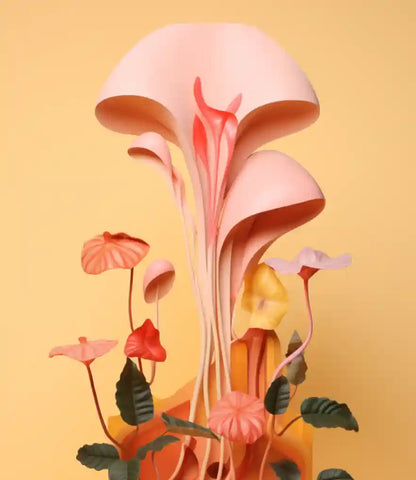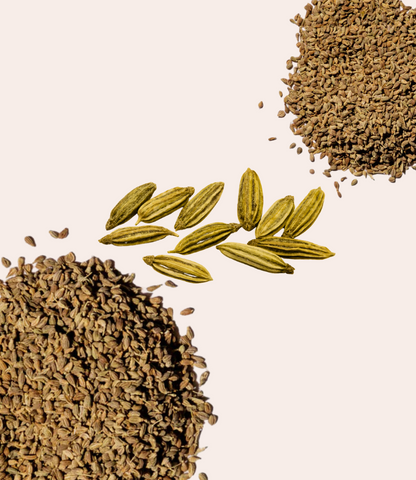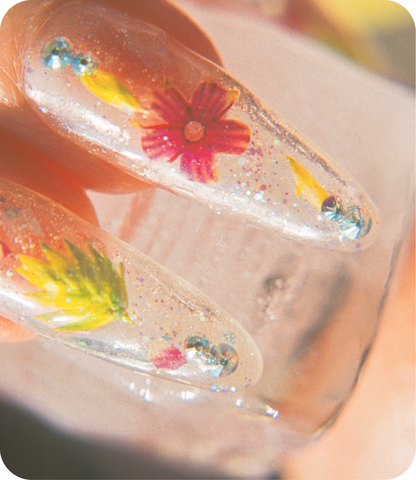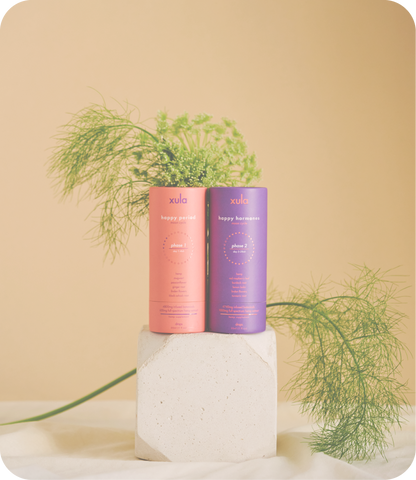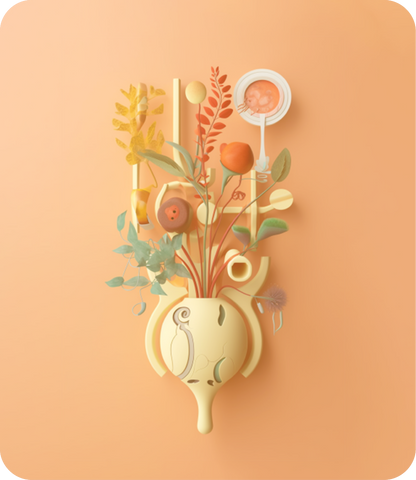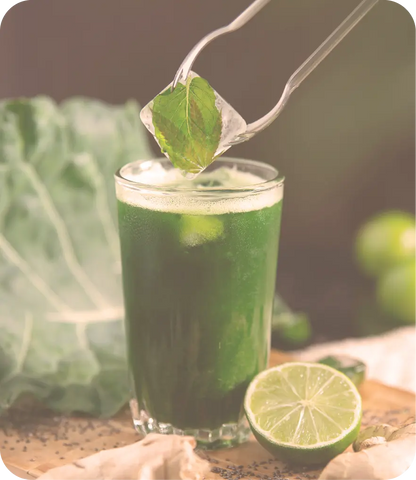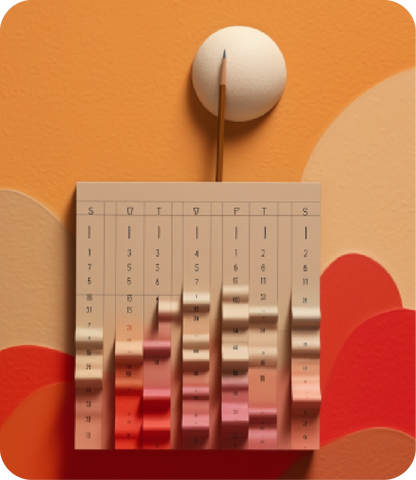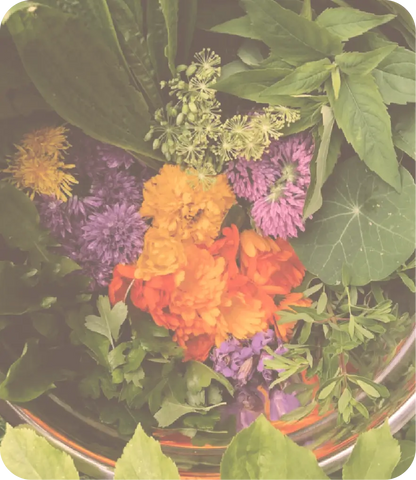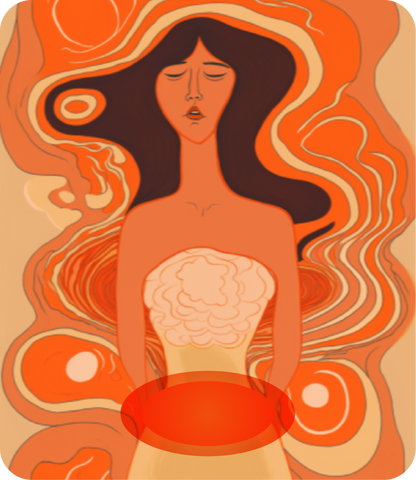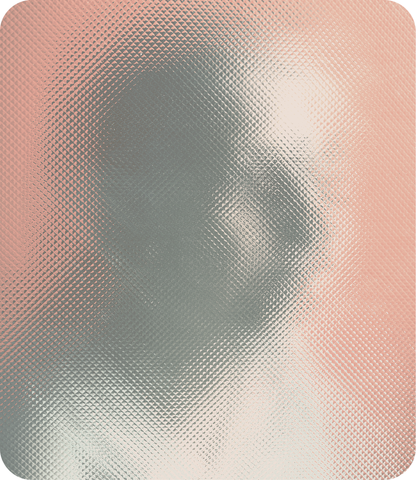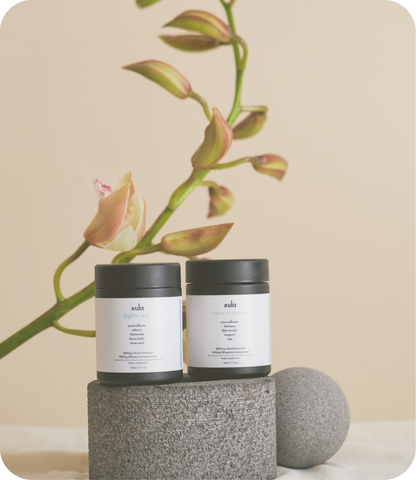
Beat the Bloat: 5 Remedies for Menstrual Bloating
Beat the Bloat: 5 Remedies for Menstrual Bloating
Menstrual bloating is a common symptom experienced by many women during their menstrual cycle. It occurs due to water retention and can cause discomfort, swelling, and weight gain. Menstrual bloating can be a frustrating and uncomfortable experience, but there are natural remedies that can help alleviate the symptoms.
Bloating is a result of fluid buildup in the body, which can be caused by hormonal changes during the menstrual cycle. The body retains water due to increased levels of estrogen and progesterone, which cause the kidneys to retain more sodium. The retention of sodium causes water to accumulate in the body, leading to bloating.
Fortunately, there are natural remedies that can help alleviate the symptoms of menstrual bloating.
1. Drink plenty of water
It may seem counterintuitive, but drinking plenty of water can actually help reduce water retention and bloating. Drinking water can help reduce bloating by flushing out excess sodium and waste from the body. When we don't drink enough water, the body retains fluids, leading to bloating and puffiness. Staying hydrated can also help promote regular bowel movements, preventing constipation, which is a common cause of bloating.
To reduce bloating with water, aim to drink at least 8 glasses of water per day. You can also try drinking warm water with lemon in the morning, as this can help stimulate digestion and reduce bloating. Herbal teas, such as peppermint or ginger tea, can also help soothe the digestive system and reduce bloating. However, avoid carbonated beverages and alcohol, as they can cause bloating and make it worse. By staying hydrated and drinking the right fluids, you can reduce bloating and feel more comfortable.
2. Increase your potassium intake
Increasing potassium intake can help reduce bloating by balancing the body's sodium levels. Sodium can cause the body to retain fluids, leading to bloating and puffiness. Potassium helps regulate sodium levels and can promote the elimination of excess fluids through urine.
To increase potassium intake, consume potassium-rich foods such as bananas, avocados, spinach, sweet potatoes, and tomatoes. These foods can help reduce bloating and promote overall health. However, be sure to consult a doctor before increasing your potassium intake, especially if you have kidney problems or take medications that affect potassium levels. By incorporating more potassium-rich foods into your diet, you can reduce bloating and feel better.
3. Try herbal remedies
Herbs with diuretic properties can help reduce bloating by increasing urine output and flushing out excess fluids from the body. Dandelion, parsley, and hibiscus are some of the herbs that have natural diuretic properties and can help alleviate bloating. These herbs can also help reduce inflammation in the body and improve digestion, which are other factors that can contribute to bloating.
To use diuretic herbs for bloating, you can drink herbal teas or take herbal supplements. Dandelion tea, for example, can help reduce bloating by increasing urine output and reducing water retention. Parsley tea is another natural diuretic that can help reduce bloating and improve digestion. In this way, by incorporating diuretic herbs into your routine, you can help reduce bloating and promote a healthy fluid balance in the body.
4. Exercise regularly
Regular exercise can help reduce bloating by promoting circulation and stimulating the digestive system. When we exercise, we increase blood flow to the organs, including the digestive system, which can help improve digestion and reduce bloating. Exercise can also help regulate bowel movements, preventing constipation, which is a common cause of bloating.
In addition, regular exercise can help reduce stress, which is another factor that can contribute to bloating. Stress can disrupt the digestive system and cause inflammation, leading to bloating and other digestive issues. Exercise can help release endorphins, which are natural mood-boosters that can help reduce stress and promote relaxation.
To reduce bloating with exercise, aim for at least 30 minutes of moderate-intensity exercise per day, such as brisk walking, jogging, cycling, or swimming.
5. Sweat
Sweating is a natural process that helps regulate our body temperature and eliminate toxins. It can also reduce bloating by releasing excess water and sodium that can cause fluid retention. Sweating can also stimulate digestion and relieve constipation, which are common causes of bloating.
To promote sweating, you can engage in exercise (as mentioned above), spend time in a sauna or steam room, take a hot bath, or practice hot yoga. It's important to stay hydrated while sweating and to consult a doctor if you have any underlying medical conditions or are pregnant. By sweating regularly, you can reduce bloating and improve your overall health.
Conclusion
While menstrual bloating can be uncomfortable, there are natural remedies that can help alleviate the symptoms. Drinking plenty of water, increasing your potassium intake, trying herbal remedies, promoting sweating and exercising regularly are all effective ways to reduce menstrual bloating. Additionally, some uncommon remedies include taking magnesium supplements, using essential oils, and practicing yoga. It's important to consult with your healthcare provider before trying any new remedies or supplements to ensure they are safe for you.
In conclusion, menstrual bloating can be a discomforting and frustrating experience, but there are natural remedies that can help alleviate symptoms. While drinking plenty of water, increasing potassium intake, trying herbal remedies, and exercising regularly are effective ways to reduce menstrual bloating, there are also uncommon remedies like taking magnesium supplements, using essential oils, and practicing yoga. It's important to consult with your healthcare provider before trying any new remedies or supplements to ensure they are safe for you.
Sources
Chou PB, Morse CA, Xu H. A controlled trial of Chinese herbal medicine for premenstrual syndrome. J Psychosom Obstet Gynaecol. 2008 Sep;29(3):185-92. doi: 10.1080/01674820801893011. PMID: 18608825.
Pokharel P, Rana J, Moutchia J, Uchai S, Kerri A, Luna Gutiérrez PL, Islam RM. Effect of exercise on symptoms of premenstrual syndrome in low and middle-income countries: a protocol for systematic review and meta-analysis. BMJ Open. 2020 Sep 30;10(9):e039274. doi: 10.1136/bmjopen-2020-039274. PMID: 32998927; PMCID: PMC7528354.
Daley A. The role of exercise in the treatment of menstrual disorders: the evidence. Br J Gen Pract. 2009 Apr;59(561):241-2. doi: 10.3399/bjgp09X420301. PMID: 19341553; PMCID: PMC2662100.


